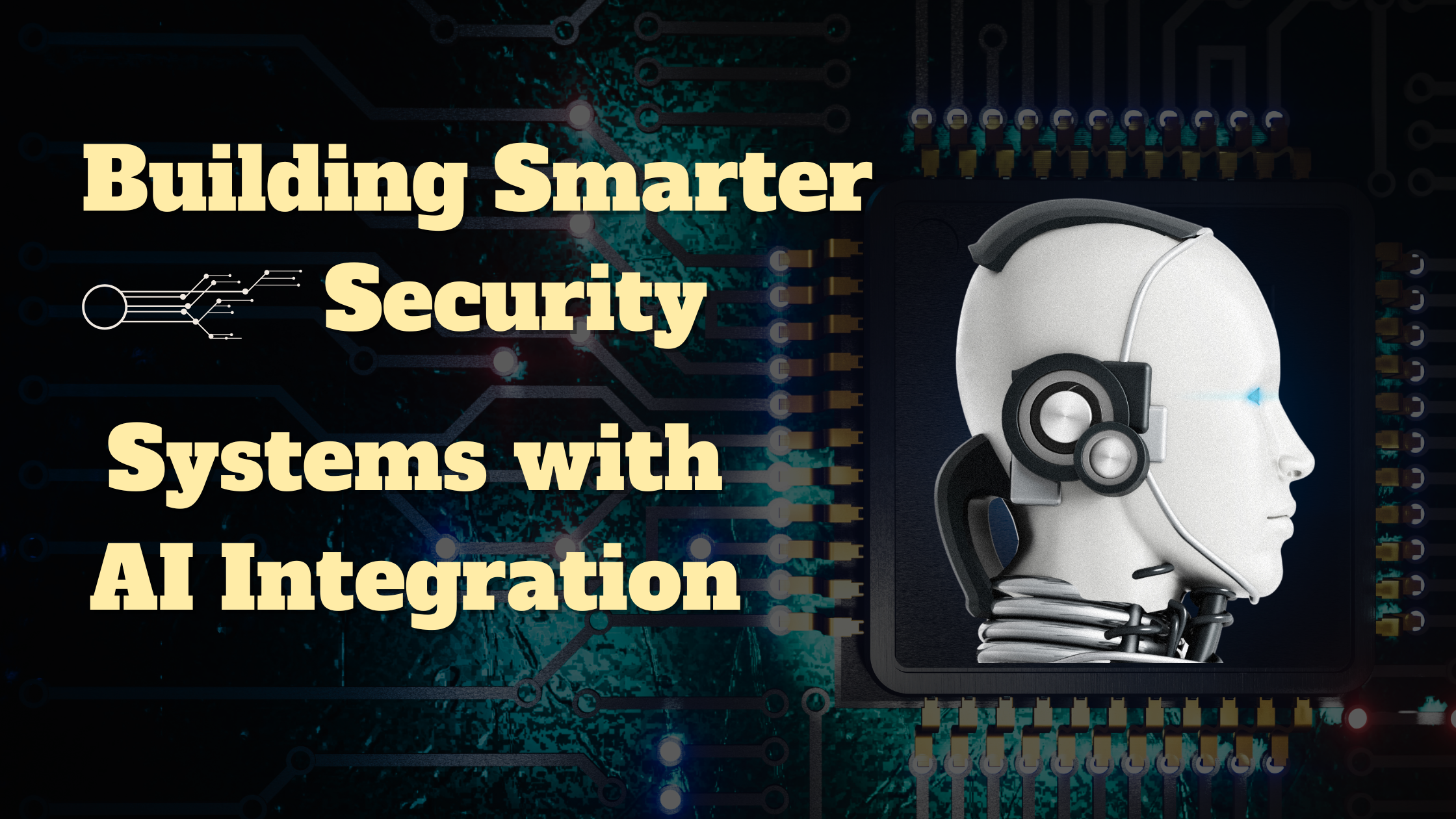Building Smarter Security Systems with AI Integration
In an age where technology evolves at lightning speed, security systems are no exception. The integration of artificial intelligence (AI) into security systems is revolutionizing how we protect our homes, businesses, and public spaces. By leveraging AI's capabilities, we can build smarter, more adaptive, and highly efficient security solutions that not only enhance safety but also provide valuable insights.
The Role of AI in Modern Security Systems
Artificial intelligence brings a new level of sophistication to security systems. Traditional setups, such as CCTV cameras and access controls, relied heavily on human monitoring and intervention. AI transforms these systems into intelligent entities capable of real-time decision-making and automated responses. Here are a few ways AI contributes to smarter security:
- Advanced Video Analytics: AI-powered video analytics can identify unusual activities, recognize faces, detect objects, and even predict potential security breaches. For example, a system equipped with AI can distinguish between a harmless animal and a potential intruder in a perimeter surveillance setup.
- Behavioral Analysis: By analyzing patterns in human behavior, AI can detect anomalies that may indicate security threats. This is especially useful in crowded places like airports or stadiums, where identifying suspicious activities manually is challenging.
- Enhanced Access Control: AI-based biometric systems ensure higher accuracy in authentication processes. Features like facial recognition, iris scanning, and voice authentication make access control more secure and less prone to breaches.
- Automated Threat Response: AI-enabled systems can automatically respond to threats, such as triggering alarms, locking doors, or notifying authorities. This reduces response time and minimizes potential damage.
Benefits of AI-Driven Security Systems
- Proactive Threat Detection: AI systems can predict and prevent incidents before they occur. By analyzing data from various sensors and cameras, AI identifies patterns that signal potential threats.
- Cost Efficiency: Automation reduces the need for constant human oversight, lowering labor costs and improving efficiency. It also minimizes false alarms, which can be costly and disruptive.
- Scalability: AI-powered solutions can easily scale to cover larger areas or adapt to complex environments. They can integrate with other technologies, such as IoT devices, to create a comprehensive security network.
- 24/7 Operation: Unlike human operators, AI systems work tirelessly around the clock, ensuring consistent monitoring and response capabilities.
Real-World Applications
- Smart Cities: AI-driven surveillance systems in smart cities monitor traffic, detect crimes, and ensure public safety efficiently.
- Retail Security: AI helps retailers reduce theft by monitoring suspicious behavior and optimizing loss prevention strategies.
- Cybersecurity: AI algorithms detect and mitigate cyber threats by identifying unusual network activities and preventing breaches.
- Home Automation: AI-integrated home security systems provide personalized and adaptive protection, from recognizing familiar faces to alerting homeowners about unusual activities.
Challenges and Ethical Considerations
While AI integration offers numerous benefits, it also raises challenges and ethical concerns:
- Privacy Issues: The use of AI in surveillance systems may lead to privacy violations. Striking a balance between security and individual rights is crucial.
- Bias in AI: AI algorithms can inherit biases from training data, potentially leading to unfair outcomes, such as misidentification in facial recognition systems.
- Cybersecurity Risks: As AI systems become more connected, they can become targets for hackers. Ensuring robust cybersecurity measures is vital.
- Cost of Implementation: While AI can reduce long-term costs, the initial investment for deployment and training can be significant.
The Future of AI in Security Systems
The future of AI in security is bright and promising. With advancements in machine learning, deep learning, and edge computing, security systems will become even more intelligent and capable. Innovations like AI-powered drones, autonomous patrol robots, and predictive analytics will reshape how we approach safety and protection.
However, as we embrace these technologies, it’s essential to address ethical concerns, ensure transparency, and build systems that prioritize both security and individual freedoms. By doing so, we can create a safer, smarter, and more inclusive world for everyone.
Conclusion
AI integration is not just enhancing traditional security systems; it’s redefining what security means in the modern era. By leveraging the power of AI, we can build solutions that are not only smarter but also more adaptive and efficient. As this technology continues to evolve, the possibilities for creating a safer world are virtually limitless. The key lies in responsible implementation, innovation, and a commitment to ethical practices.


